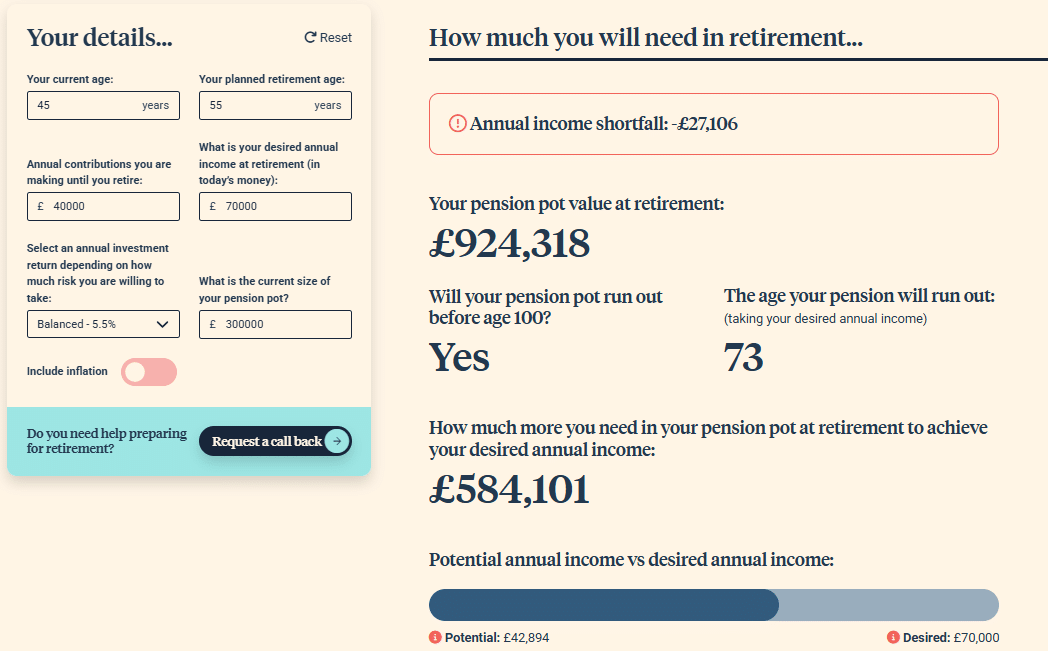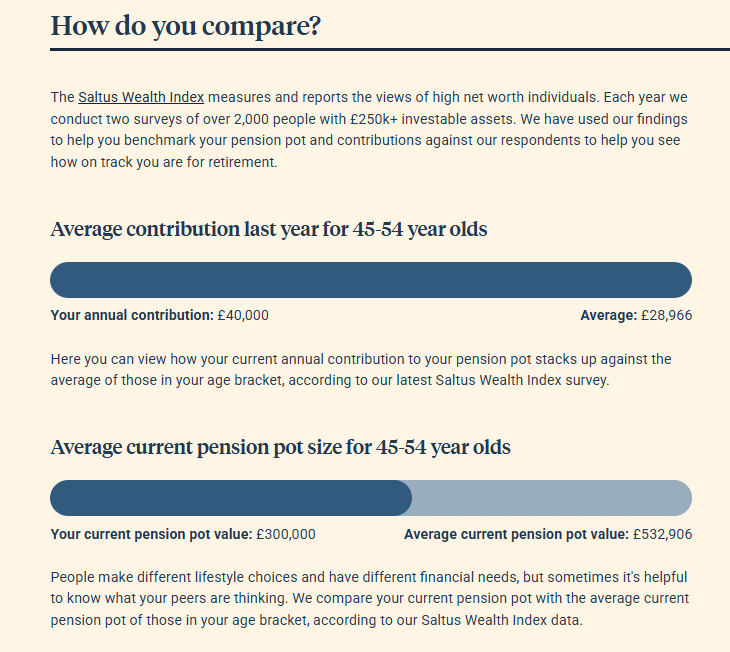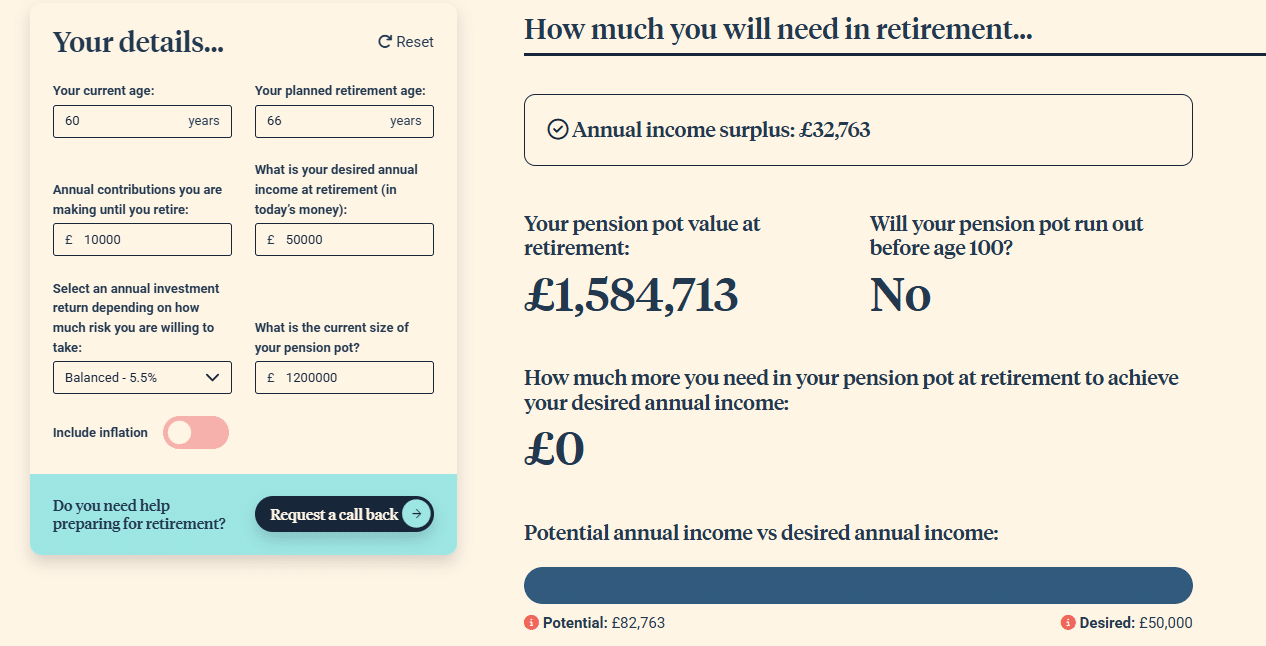Most people dream about the day they can retire, but how do you know when that day will come? When you can retire is determined by a variety of factors. It’s not just about hitting a certain age, it’s about financial readiness, lifestyle goals and long term planning. Here, we’ll break down what really matters when it comes to deciding your retirement timeline, how to tell if you’re ready to make the leap and offer a simple retirement tool to help support you in your planning.
What is the UK retirement age?
The State Pension age is currently 66 for both men and women.[1] However, this is set to rise gradually to 67 between May 2026 and March 2028, affecting those born on or after 6 April 1960. Further increases are planned, with the State Pension age reaching 68 between 2044 and 2046 for individuals born on or after 6 April 1977.
These changes reflect longer life expectancies and aim to ensure the sustainability of the state pension system. It’s important to note that the State Pension age is regularly reviewed, so future adjustments are possible.









